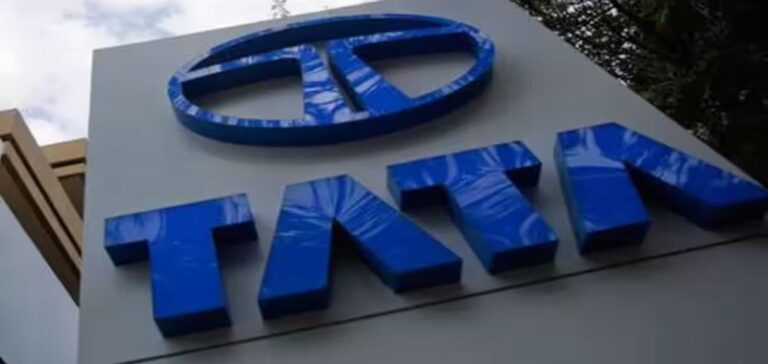India is preparing for a major overhaul of its nuclear regulatory framework. The government is considering amending the Atomic Energy Act, a law that has so far restricted civil nuclear production to state-owned enterprises. This reform would allow greater private sector involvement, opening new opportunities for Indian energy companies. Tata Power, one of the market’s key players, is closely following these changes. The company could benefit from these developments to diversify its energy portfolio and invest in emerging technologies, particularly small modular reactors (SMRs).
SMRs: A developing technology
Small modular reactors (SMRs) represent a promising advancement in nuclear energy. More compact than conventional reactors, they offer greater deployment flexibility and adaptability to local infrastructure. Currently, this technology remains in the research and development phase in several countries, including the United States and Russia. India is exploring international partnerships to accelerate its industrialization, and Tata Power could participate in this process through collaborations with domestic companies such as Bharat Heavy Electricals Limited (BHEL) or the Nuclear Power Corporation of India Limited (NPCIL).
Government support through the Nuclear Energy Mission
To support this transition, the Indian government plans to establish a dedicated initiative: the Nuclear Energy Mission. With a budget of 200 billion rupees, this program aims to support research and development on SMRs and advanced reactors. This incentive framework could enable companies like Tata Power to benefit from financial and technical support for investments in this sector.
India’s nuclear capacity goals and challenges
India has set significant ambitions in the nuclear sector. The country aims to reach an installed nuclear capacity of 100 GW by 2047. In the shorter term, 21 new reactors totaling 15,700 MW are scheduled to come online by 2031. In this context, SMRs could play a key role, particularly in regions where large conventional reactors would be difficult to construct due to infrastructure constraints.
Potential benefits for Tata Power
Tata Power, already active in renewable energy, could see SMRs as a strategic diversification lever. These compact reactors offer flexible production, complementing intermittent renewable sources such as wind and solar. Their ability to provide stable electricity could strengthen the company’s position in an evolving energy mix.
A growing competitive landscape
While Tata Power appears well-positioned, other Indian energy sector players are also interested in next-generation nuclear technologies. Reliance Industries and Adani Group are closely monitoring the opportunities offered by SMR development and advanced reactors. However, no concrete projects have been announced yet, and Tata Power benefits from an advantage due to its experience and institutional relationships.
Regulatory and financial uncertainties
The development of SMRs in India is not without challenges. Regulations will need to evolve to ensure an adequate framework for these innovative reactors under the supervision of the Atomic Energy Regulatory Board (AERB). Additionally, initial costs remain high, raising questions about long-term profitability, particularly in a market where electricity prices must remain competitive. Finally, commissioning timelines remain a significant unknown, as the nuclear sector requires lengthy approval and construction procedures.
India is at a strategic turning point for its nuclear industry. The potential opening to the private sector and government support for SMR development could reshape the national energy landscape. The question remains as to how players like Tata Power will seize these opportunities to consolidate their position in a rapidly transforming sector.






















